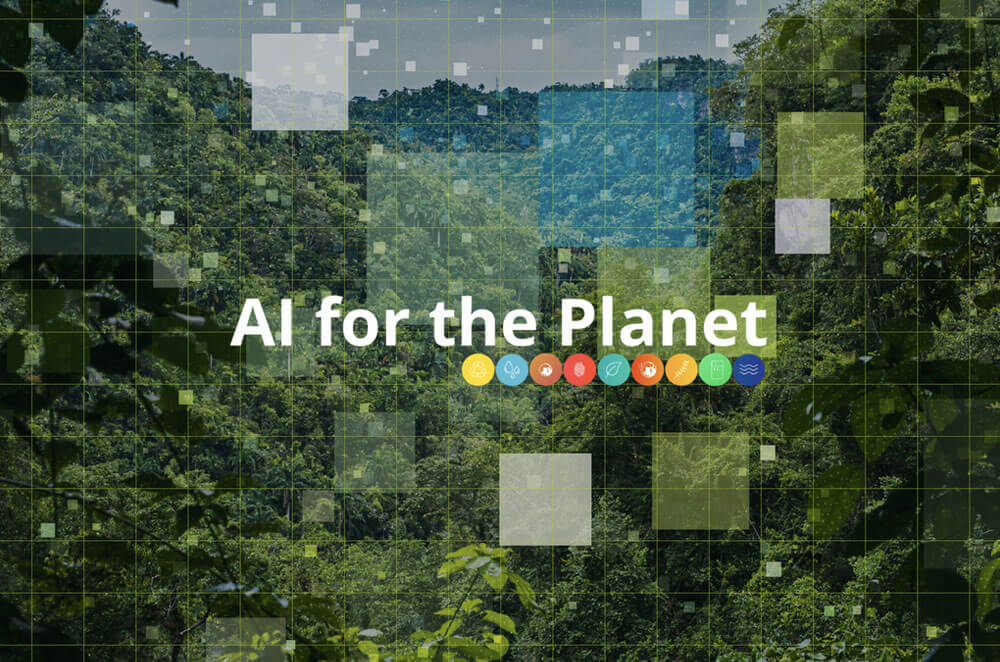The use of Artificial Intelligence seems to have become common in many fields over the past year: from finance and communications to cybersecurity and advertising. It’s no wonder we are now also seeing AI used in the fight against climate change.
According to the World Economic Forum, AI is already being used to improve agriculture and reduce its environmental impact, to predict weather patterns, track icebergs, identify pollution and make recycling more effective, amongst other examples from around the world.
In Latin America in particular, the potential for AI to help tackle the climate crisis is huge; and it’s urgently needed. Thirty three of the region’s countries are amongst the most vulnerable to the impact of the climate crisis, both economically and environmentally. In fact, the World Bank forecasts that climate change will lead to an increase in extreme poverty in the region of up to 300% by 2030.
Thankfully, local entrepreneurs are already seeing the potential of AI in this area, and have launched projects, businesses and nonprofits focused on conservation, climate justice and the green economy.
Four examples of ‘green AI’ projects in LatAm:
Lemu – A clever startup from Chile
Founded by Leo Prieto, this startup focuses on what the Chilean entrepreneur thinks is one of the big issues with most environmental projects: that the international community and world leaders are failing to fund them properly.
Lemu uses artificial intelligence and machine-learning technology to connect potential investors with climate, biodiversity, water and human development schemes in need of capital.
According to The Guardian, “users can read about the projects, search by country or species being protected, navigate maps and 3D models, and monitor progress through photos and posts.” Then they can choose to fund whichever project feels most urgent to them, with large or small contributions.
PrevisIA – The AI tool saving the Amazon from deforestation
Currently, many conservation projects in the Amazon rely on satellite imagery to catch forest fires as soon as they start. But PrevisIA aims to stop deforestation before it happens by using AI to predict the next likely sites of deforestation.
The tool was created by researchers at environmental nonprofit Imazon, which is now establishing partnerships with authorities across the region to have a broader impact on one of the most essential –and threatened– rainforests in the world.
E-kakashi – Making agriculture more sustainable
The agriculture sector in Latin America is a key emitter of greenhouse gases; in fact, it accounts for almost half of the region’s total GHG emissions, according to Economist Impact.
To make agriculture greener, the Inter American Development Bank and Japan’s SoftBank have partnered to launch e-kakashi. The tool uses AI to collect, process and analyse large amounts of environment and weather data, which helps farmers create an optimal production environment that minimises emissions.
E-kakashi is already being put to the test in Colombia, where the goal is to improve the productivity and sustainability of rice farming.
Morfo – Drones and AI to reforest Brazil
At the beginning of 2024, Reuters reported that authorities in Rio de Janeiro had partnered with local startup Morfo to speed up reforestation efforts in the Brazilian city.
Using AI-powered computers and drones, the aim of the partnership is to reforest the hills around Rio. The computers define the targets and number of seeds to be dropped, while the drones get them to those hard to reach areas – they can disperse 180 seed capsules per minute, making the reforestation process a hundred times quicker than if it were done by hand.
So what is the future of AI in Latin America? For now, uncertain –but highly promising. And these ongoing projects are proof that such optimism isn’t unfounded. Of course, there’s still plenty of work to be done throughout the region, from education and talent-cultivation, to developing regulatory frameworks for the responsible use of AI.

